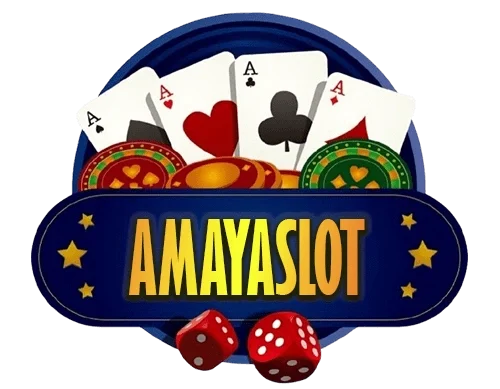The true revolution of the PlayStation Portable was not merely its technical mega888 latest apk specifications, impressive as they were, but its fundamental reimagining of when and how we could experience deep, complex games. Prior to its arrival, handheld gaming was often synonymous with shorter, simpler experiences—bite-sized distractions perfect for a few minutes of play. The PSP defiantly broke this mold. It wasn’t content with being a companion; it aimed to be a primary console that happened to fit in your pocket. This philosophy of “console gaming on the go” fundamentally altered player habits and developer ambitions, creating a library of titles that demanded and rewarded long-term engagement, effectively blurring the line between the living room and the outside world.
This shift was most evident in the types of games that thrived on the platform. The PSP became the perfect host for genres that were traditionally considered sedentary, time-consuming pursuits. Immersive Japanese RPGs, which often require dozens of hours to complete, found a new lease on life. A game like Persona 3 Portable benefited immensely from the format; its daily life simulation and dungeon crawling could be tackled in satisfying chunks during a commute, making its hundred-hour journey more manageable and integrated into daily life. Similarly, epic strategy games like Valkyria Chronicles II and sprawling action adventures like Monster Hunter Freedom Unite were no longer confined to the television. Players could grind through missions, manage inventory, and explore vast worlds during lunch breaks or on long trips, making tangible progress in moments that were previously lost to idle time.
The hardware itself was engineered to enable this new paradigm. The sleek, widescreen display provided a cinematic window into these worlds, a far cry from the small, often blurry screens of earlier portables. The inclusion of robust wireless ad-hoc functionality was a masterstroke, transforming gaming from a solitary activity into a portable social hub. The phenomenon of Monster Hunter “meet-ups,” where players would gather in person to hunt together, is the stuff of legend. This wasn’t online multiplayer as we know it today; it was a physical, communal experience built around a portable device. Games like Metal Gear Solid: Peace Walker were designed from the ground up with this co-operative spirit in mind, offering a deeply tactical and social experience that felt groundbreaking for a handheld.
The legacy of the PSP’s portability philosophy is undeniable. It proved there was a massive, underserved audience of gamers who craved deep, substantive experiences they could take with them. This demand directly influenced the design of future devices, most notably the Nintendo Switch, which would later perfect the concept of a hybrid console. The PSP’s library stands as a testament to a bold experiment: that the best games aren’t diminished by a smaller screen, but can be enhanced by the freedom they offer. It championed the idea that a great game could be your companion on a journey, your distraction on a wait, and your world in the palm of your hand, forever changing our expectation of what portable gaming could be.
